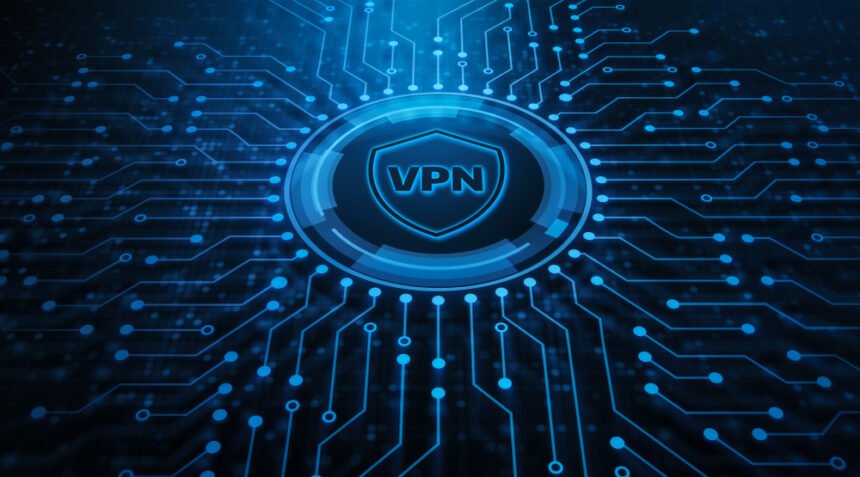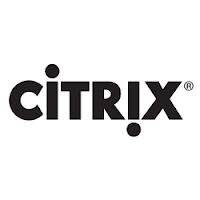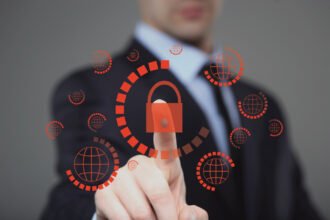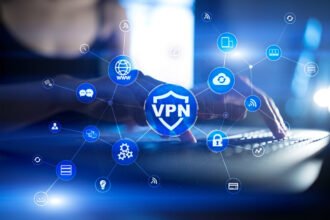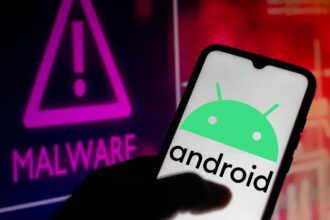Big data has had many beneficial changes in our lives, but it has also heightened our concerns about privacy. We are especially worried about our privacy online more than ever before.
Some of these concerns can be addressed with VPNs, which are an important gatekeeper for privacy in a world governed more by big data. These days VPNs are as popular as ever, with more than 26% of all internet users relying on them for their internet browsing each month, and this number looks set to continue rising in the coming years.
The driving force behind this trend is mostly down to the rising concern people have over their online privacy and the unregulated data collection that has been going on silently in the background for many years. Despite frameworks such as the 2018 GDPR law coming into effect, a recent survey revealed that more than 91% of Americans believe they have lost control over how their personal information is being collected, which is a very telling statistic.
With that said, many people are still confused over what constitutes private information, how and why it’s collected, and how a VPN can help protect you from a wide variety of malicious attacks and various forms of online snooping.
Why it’s essential to protect your online data
For some people, the notion that your personal data holds a high value is a difficult concept to wrap your head around. After all, who wants to know about the conversation you had with your best friend last weekend?
Well, surprisingly, your online data has an extremely high value to both companies, governments, and criminals. It’s stolen, sold, collected, and analyzed in countless different ways for a wide number of reasons.
There are even companies out there known as “data brokers” that go out and collect data on millions of people, which they subsequently analyze, categorize, and then sell for a handsome fee, all without the user’s knowledge. The crazy thing is, this is all 100% legal.
However, let’s not forget that privacy is a fundamental human right, and your data is about as vulnerable as it can be if you surf the internet without using any protection. Without using a VPN, your personal data will likely be used against you if you let it fall into the wrong hands.
Granted, most of the time, the consequence for leaking your private information is not as catastrophic as what some people would have you believe; however, there are still some serious risks involved that you should be aware of, such as:
- Government snooping
This is obviously more of an issue for some people than others, depending on where you live in the world. However, most governments operate some sort of national online surveillance conducted in the name of national security. While this may seem like a worthy cause, sometimes the lines become blurred between what is regarded as reasonable surveillance and full-blown privacy breaches.
As you may have heard, some countries enforce extremely pervasive surveillance and censorship on its residents, such as China, Russia, North Korea, and Singapore. However, you may be surprised to learn countries such as the United Kingdom have enacted very stringent surveillance laws that allow for the collection and decryption of personal communications.
- Hacking threats
Hacking is a genuine threat and should be taken seriously, especially if you frequently connect to public hotspots in places such as coffee shops and airports. There are several different ways hackers can attempt to intercept your surfing data to then use against you in some way, shape, or form.
- Identity theft
Hackers often attempt to steal your identity in order to commit a number of offenses against you that can seriously harm your reputation, both financially and personally. This has become unfortunately even more common with advances in big data technology, as hackers find ways to leverage data-driven tools to orchestrate these crimes.
What is a VPN, and how does it work?
The VPN market is estimated to reach $31 billion in 2021 and $35 billion by 2022, and it’s clear to see why given the current state of online privacy. If you’re still wondering what a VPN is, it’s basically software that allows you to establish a secure connection between your device and the internet.
It bypasses your internet service provider, routing all of your data through a secure encrypted tunnel. This allows you to disguise your IP address, which in effect means you can browse the web anonymously without having to worry about your personal information getting leaked or any of your private communication becoming intercepted.
The great thing about using a VPN is that it even refrains governments from snooping on your surfing data as your internet service provider won’t be able to see or access your encrypted information.
Interestingly, there are tons of amazing things you can do with VPN software on top of protecting your online privacy, such as changing your geo-location to access better streaming content on Netflix and finding cheaper flights and hotel deals by taking advantage of manipulative regional pricing.
Who needs a VPN?
When you consider that 93% of data breaches could have been avoided through fundamental data security efforts such as installing a VPN, it’s surprising why more people haven’t decided to run VPN software on their devices.
For the most part, they are entirely legal as long as you don’t use them to hide criminal activity, and they have virtually no downside. They even get rid of the annoying targeted marketing ads that you see everywhere while browsing the internet. If marketers don’t have access to your data, they can’t select you for ad targeting, which is a nice bonus.
VPNs Are Critical Privacy Safeguards in a World Ruled by Big Data
If you use the internet regularly and are concerned about your online privacy, you should strongly consider finding a VPN to cover your back while browsing the web. This is especially true for those who travel and frequently connect to public Wifi hotspots, where a VPN is essential to stay protected from potential hackers. As the saying goes, it’s better to be safe than sorry.


